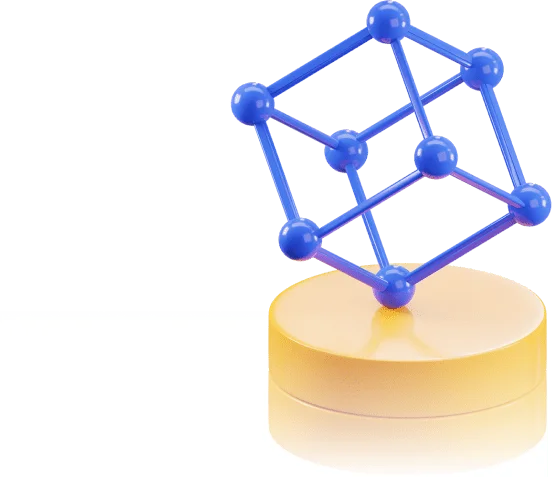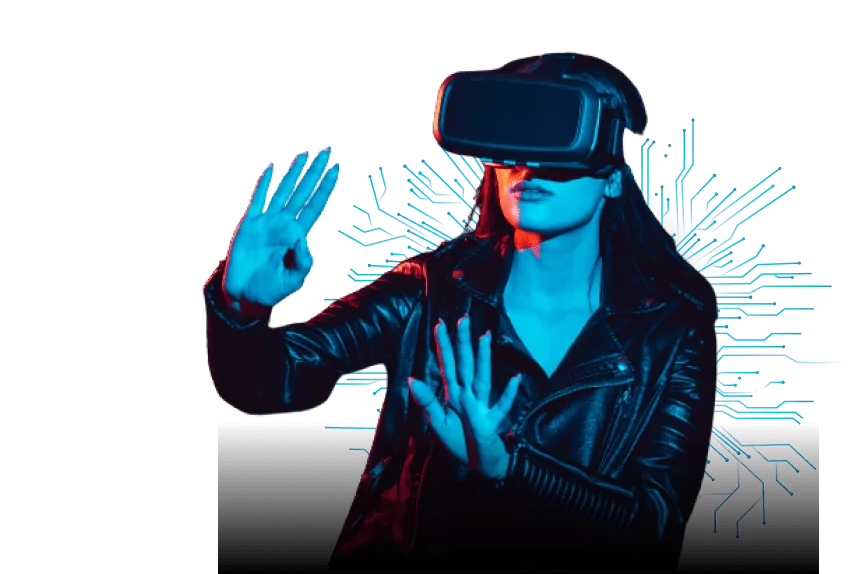Leadership
Mastering Negotiation and Influence
Negotiation is a fundamental skill that directly affects the results we get at work and in life. Negotiation Skills are needed in Sales, Procurement, Human Resources, Project Management, Change Management, Customer Support, Diplomacy, Leadership and in many other functions.
Most people pickup few tips and tricks on negotiation through trial & error and by mimicking others. As a result, their actions tend to become predictable, and a predictable negotiator is very easy to manipulate.
This course will contrast two distinct approaches to negotiation. You will learn the mechanics of the traditional power based approach that most people use, and which most negotiation training courses promote. You will also learn a more effective approach that is used by highly skilled professional negotiators. For most participants, this course will be an eye-opening experience that has the potential to change how you approach every future interaction and relationship.
The course is highly interactive and is delivered via four live Zoom sessions. Participants will engage in four simulations. Participants are required to complete some preparation before each session.

Leadership Capabilities for Top Management
Leadership is going to be the most critical factor for individuals and organisations to succeed. More than 16 years of research and engagement with leaders across industries and sectors, suggests that Senior Leaders’ technical and functional skills need to be heavily complemented by emotionally intelligent competencies, and other Leadership skills for Success at Top levels. This programme has been designed using this philosophy. This programme enables individuals to build leadership capabilities for success, and also to learn how to drive transformational change.
The Programme draws from objective and reliable data sources, in its attempt to derive leader success capabilities. One is the curated 360-degree Feedback, and the other is a reliable, validated Psychometric tool MHS EQi 2.0. Using the findings of the two Reports, our team of Executive Coaches will work with each participant, in deriving critical insights that will enable high performance. Their competencies will be studied at a micro-level and leadership potential will be assessed; subsequently, the coaches will help each participant to formulate a Personal Development Action Plan, to sharpen their leadership competencies.
The design of the program enables specialised and personalised inputs for each executive. The plenary sessions will be in the classroom with the Lead Faculty and subsequently each breakout group of 5 to 6 participants will have one Certified Coach who is an industry veteran and comes with professional maturity and experience. Over the 3-day period, the participants will have 6 coaching sessions (group & One – to – One) with executive coach.
A check-list of success behaviours will be drawn up, relevant for those leading at the top, and for driving successful transformation. The group, which builds familiarity with each other during the programme, will be a rich source of feedback and peer-support. Each individual will take away a Personal evelopment Action Plan, following inputs from the Faculty as well as the Coaching Sessions.

Leading with Emotional and Social Intelligence
Emotional and social intelligence has emerged as the most critical predictor of future and sustainable success. This programme is aimed at creating a predictive index around capabilities that enhance the possibility of success that flows from character and competence; not luck nor environmental factors.
The workshop is designed to provide leaders with a new mindset and skill set to enhance their own leadership potential and enhance people’s social skills, self-esteem, self-confidence, in incorporating key social skills and competencies in their repertoire. Motivational in design, the Program offers to expand individual potential of executives by introducing elements of Emotional Quotient – the basic inside-out logic.

Agile Leadership
Agile Leadership signifies the presence of many necessary capabilities of leaders, which also enables them to handle various challenging situations arising in the complex organizational/market scenario. The Programme focuses on exposing the participants to the key attributes of Agile Leadership such as understanding core mindsets, developing powerful thought patterns, conquering destructive-urges, Identifying and navigating Crucial Conversations, and unleashing one’s full potential.
The Programme would enable the participants to understand the difference between influencing people to merely get the work done (using Positional Power) versus their ability to inspire different stakeholders by their own Personal Power.

Manager as a Coach
Managers often assume a directive role, though they know the wisdom of their team is greater than their personal wisdom, they still act in a way that “tells” their team what to do. In a position of power invariably managers take the advisory role when it comes to people’s problems. As the employees don’t get the opportunity to solve their own problems, their development is stunted. Employees that don’t develop become dependent and never realize their full potential.
When Managers take on the role of coaches, employees learn and develop, their performance is improved driving employee engagement and job satisfaction. For organizational success, managers have to be effective coaches, need to be curious & considerate, while helping their teams co-create their future. This shift from being a manager to a coach initially feels unnatural and awkward but pays rich dividends. Coaching requires deliberate practice to get good at it, but this one skill, which is an investment in people has a higher return than just about any other management skill.
When Managers act as coaches the ripple effect is felt throughout the organization, for as a coach they instill confidence in individual team members. As a leader the manager also leads self and others to success and achievement.

Strategic Negotiation
The negotiation process is a part of every manager’s day to day interactions with stakeholders inside and outside the organization, whose cooperation is essential to achieve organizational goals. Since negotiation is pervasive in our daily activities, our sessions will focus on negotiation as an integral part of the managerial process.

Leading in a Complex World
Modern leadership involves sharing information, creating a higher level of trust, and promoting a sense of inclusion and belonging. It also requires the ability to thrive in situations in which there are high levels of uncertainty and ambiguity, and to bring creative ideas to complex challenges.

Leading Teams for Hi Performance
The many disruptive changes have accelerated change and complexity in an unprecedented manner. There is need to accommodate these in the workplace, and build new capabilities to remain in the race. Leadership, change management, technology, collaboration, teams have all undergone a paradigm shift. New knowledge, new understanding, new ways of doing things, new ways of being are now the order of the day. Digitalization, virtual working and teams, volatility and ambiguity are here to stay.

SELECT CATEGORY
Currently, the following certificate programmes are being offered, with more to be launched in the coming months. Our programmes span across multiple disciplines of management, engineering and law.


















